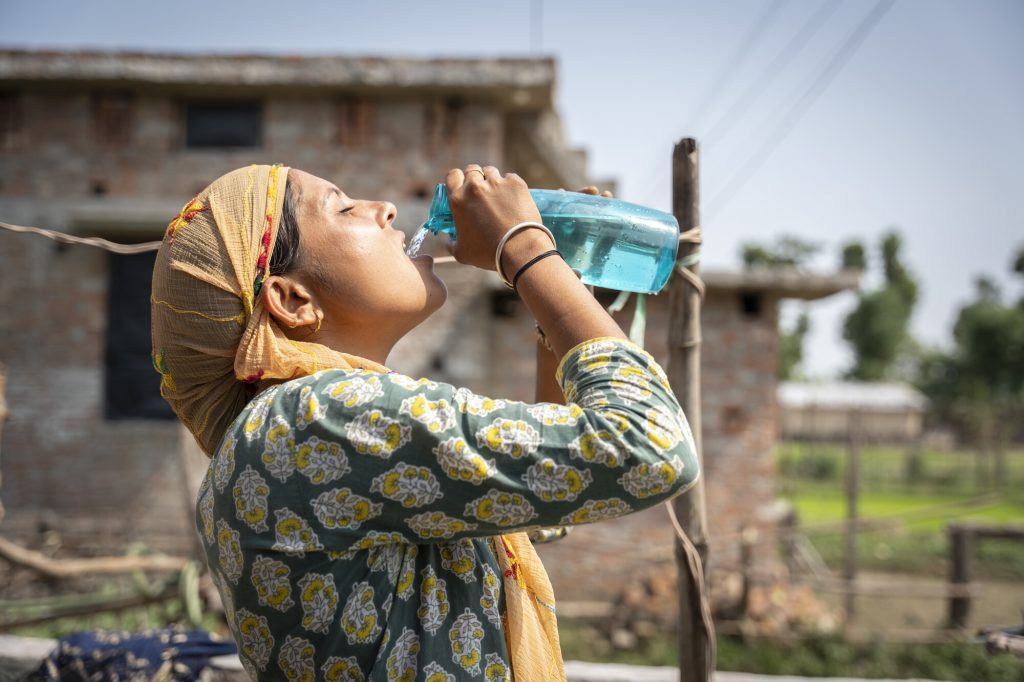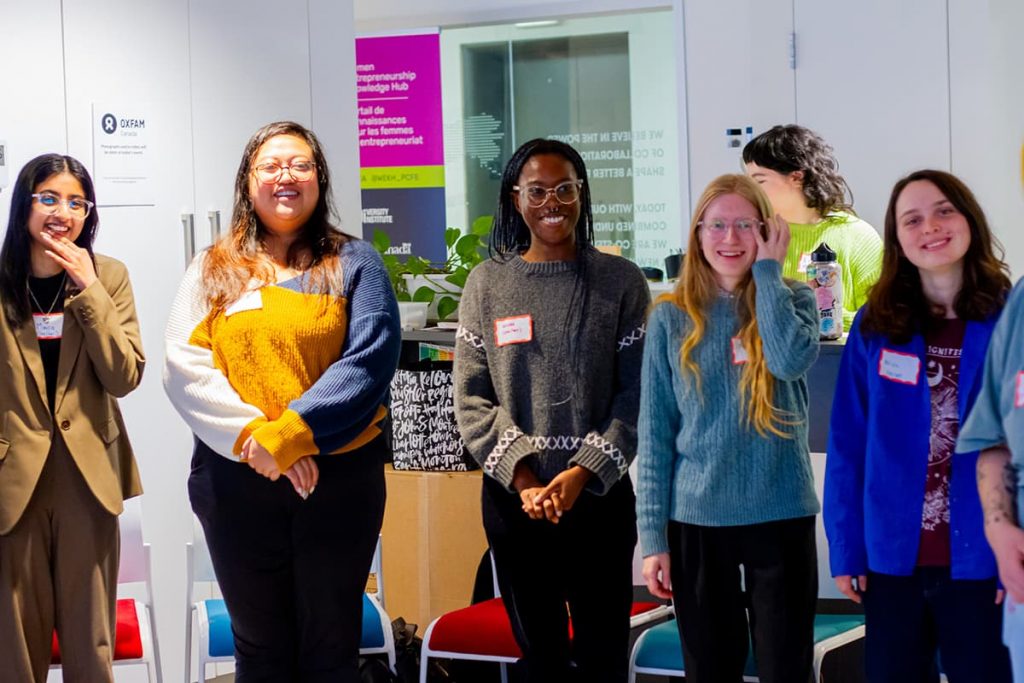Deadly Disease Outbreaks: The Urgent Fight Against Cholera and Mpox
People living in extreme poverty are facing an unimaginable crisis. Already grappling with the effects of climate change, famine, conflict, and limited health care, communities in Gaza, Yemen, Bangladesh, and across Africa are now facing a surge in deadly disease outbreaks. Cholera and Mpox are spreading rapidly, threatening the lives of millions. Oxfam’s long-standing commitment to providing clean water, sanitation, and hygiene (WASH) is more critical than ever. But we can’t do this alone—we need your support to continue this life-saving work.
Cholera: The Deadly Facts
Clean water is not just a basic need—it’s a matter of survival. Lack of safe water and proper sanitation kills more people each year than all forms of violence. Waterborne diseases like cholera, which thrive in areas where clean water is scarce, are devastating vulnerable communities. And yet one in three people globally do not have access to safe drinking water.
Cholera is a deadly bacterial infection that causes severe dehydration through diarrhea and vomiting. Without proper treatment, it can be fatal within hours. This preventable disease is spread through contaminated water and food, often in areas with poor sanitation and overflowing latrines. In 2023, cholera deaths globally increased by a staggering 71%, according to the World Health Organization.
At Oxfam, we know that the key to stopping cholera is prevention. By ensuring that people have access to clean water, toilets, and soap, we can halt the spread of infectious diseases. Oxfam is on the ground, trucking in water, repairing wells, and installing latrines in areas hardest hit by these outbreaks. This work is crucial, especially for malnourished children, who are most at risk of dying from preventable diseases like cholera. According to UNICEF, nearly 800 children die every day from illnesses linked to unsafe water and poor sanitation.
In addition to improving water access, Oxfam trains local communities on hygiene practices to protect themselves from disease. We distribute soap, water purification tablets, and other essential supplies while teaching people how to stay safe and make their water drinkable. This knowledge helps communities during the current crisis and builds resilience for future outbreaks.
Disease outbreaks put lives at risk
The situation in Gaza is dire. Oxfam and local partners are working to restore access to clean water and prevent waterborne diseases like Hepatitis A and polio. As of May 2024, over 727,000 people were affected by sanitation-related diseases, so the need for immediate intervention is critical. Children and the elderly are especially vulnerable, and without urgent resources, the threat of a widespread outbreak looms large.
In Yemen, climate change has further exacerbated the crisis. Over half of the country’s population requires humanitarian assistance, and the drying up of wells has left millions without access to safe water. Oxfam’s work to rebuild water systems and provide sanitation in schools is helping to save lives, but more must be done.
Bangladesh is also facing a looming health emergency. Recent floods have wiped out water and sanitation systems across 11 districts, leaving families at high risk of contracting waterborne diseases. Oxfam is responding by providing shelter, hygiene kits, and safe sanitation facilities, but the scale of the disaster demands more resources.
Across Africa, the Mpox outbreak is complicating already stretched humanitarian efforts, particularly in refugee camps and remote areas of countries like Kenya, Uganda, and the Democratic Republic of Congo. Without access to healthcare infrastructure, vaccines, or treatment, vulnerable populations are at the mercy of this deadly virus.
What You Can Do
Oxfam has a proven track record in preventing the spread of diseases like cholera, Ebola, and Mpox. But we can’t do it alone. Your support can make a life-saving difference.
- Donate to Oxfam’s mission to help us scale up our urgent humanitarian responses in places like Gaza, Yemen, Bangladesh, and Africa. Your generosity will allow us to provide clean water, hygiene facilities, and vital health services to the people who need it most.
- Advocate for immediate action. Waterborne diseases are a sign of deep inequality. Help us raise awareness of this issue by sharing our message with your networks.
- Demand a ceasefire in Gaza to allow humanitarian aid to reach those most in need and stop the further spread of preventable diseases.
Now, more than ever, we must act to contain these outbreaks and prevent further suffering. Together, we can ensure no one is left behind in the global fight for health and dignity. Please join us in this critical effort—your support can save lives.
Donate to Support Oxfam's Clean Water Actions
Your generosity will allow us to provide clean water, hygiene facilities, and vital health services to the people who need it most.
Photo: Alef Multimedia/Oxfam

